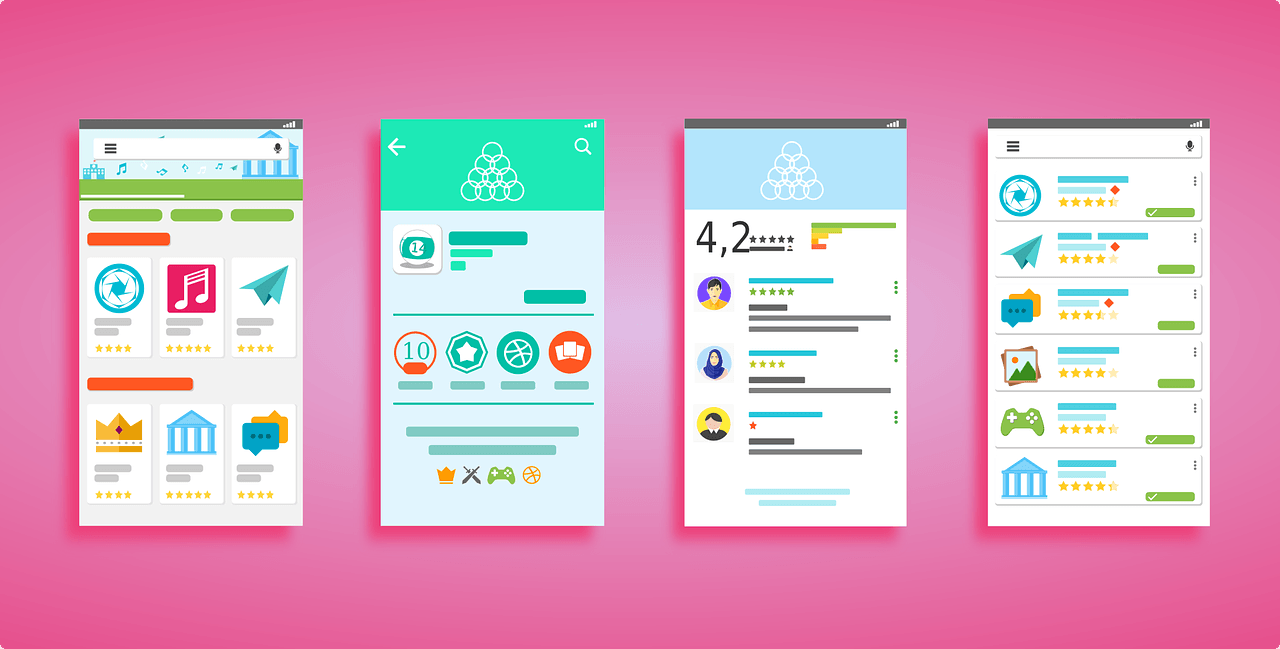Google is reportedly planning a new service that will help users who spend hundreds of dollars on paid apps and games. According to XDA Developers and software developer Kieron Quinn, the search giant is planning a Play Store subscription service, a type of monthly pass to apps and games in the Play Store.
What might the Play Pass be?
XDA and Quinn found references to a Play Store subscription service in the Play Store code and a Google Opinion Rewards survey suggesting plans for such a service. Google’s Play Store subscription service will reportedly be called the “Play Pass.”
The survey suggests the Play Pass will offer “hundreds of dollars” worth of apps and games for a monthly fee. The survey asked respondents if the name “Pass” describes a service like this well enough. It’s possible the apps will include some form of digital rights management (DRM) to ensure they are deleted or disabled after a user cancels their subscription.
References to the Play Pass were first spotted in June, and now there are more hints that such a service may exist. The latest version of the Google Play Store (12.3.19) also includes references to a Play Store subscription service, notes 9to5Google.
As of now, there is no information on when the Play Pass will be released or what the monthly fee will be. The search giant hasn’t even officially announced that it plans to launch such a service. There are also no details on the cut developers will get for sharing their apps in the bundle. It will be interesting to see which apps Google bundles with the service as many popular apps nowadays are free upfront but offer in-app subscriptions.
How could the Play Store subscription service help?
Reports suggest the Play Store does not generate as much revenue per download as Apple’s App Store. A Morgan Stanley report a few months ago noted that the App Store makes four times as much net revenue than the Play Store on apps and games. In terms of per-device basis, the App Store makes 10 times as much money than its Android counterpart.
In the first quarter this year, App Store revenue per download was at 44 cents, while for the Play Store, it was just 10 cents. Moreover, the App Store generated $5.08 per device, compared to just 47 cents for the Play Store. Google probably hopes the Play Pass will cause paying users to spend more on the App Store and convert some non-paying users into paid members via the Play Store subscription service.
Some popular Android apps earn a lot of money from the Play Store, but other apps are way behind when it comes to monetization. A Play Pass subscription service could encourage people to use more paid apps enabling smaller developers to make money. If all developers start to make money from their apps, it could help reduce their dependence on ads and spammy in-app purchases. Such a scenario would be a big benefit for users, helping to improve the overall experience for apps.
Challenges for Google
For Google, the biggest challenge would be to ensure that the terms and conditions are acceptable and attractive to developers. For users, a Play Store subscription service would only be of value if it includes popular apps. It will be difficult for Google to attract such popular apps as they already generate a lot of money. Thus, unless the search giant can guarantee more users or increased revenue, it is unlikely such apps would agree to be included in the service.
A subscription service would not be the first Play Store change aimed at encouraging users to spend more on apps. Recently the search giant introduced a Google Play Points reward scheme in Japan. The scheme gives users point for making a purchase on the Play Store. In August, the company added a feature that allows users to try paid games before purchasing them.
Apple’s App Store has a similar feature called “App Bundles.” The feature allows users to buy up to 10 apps in a single purchase. Such a service proves a great asset for those who play a lot of games as it would help them save some money. Apple first introduced the App Bundles feature with iOS 8 and recently expanded it to Mac apps.





